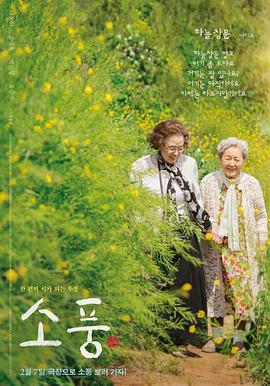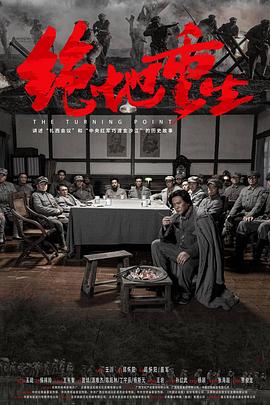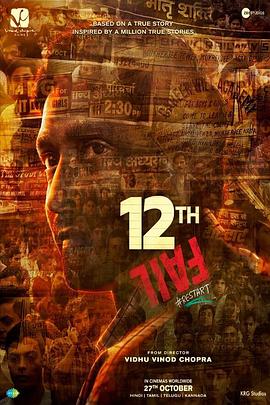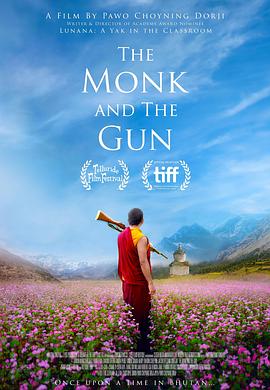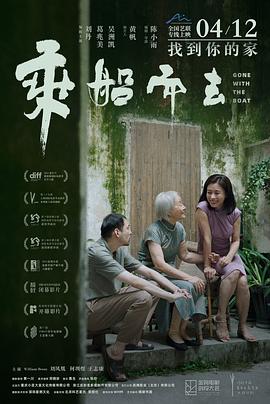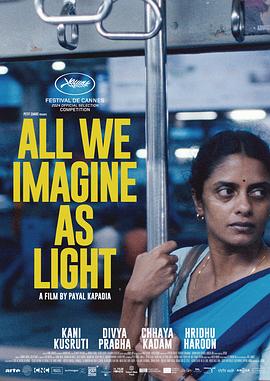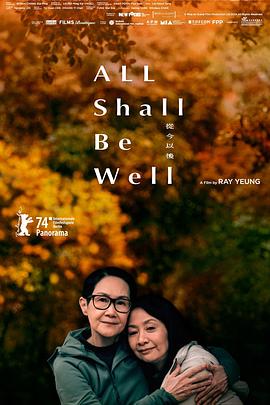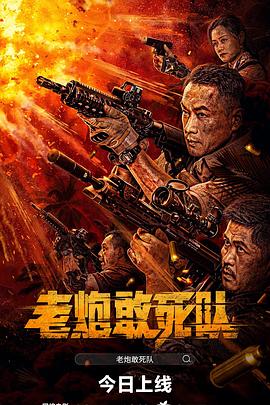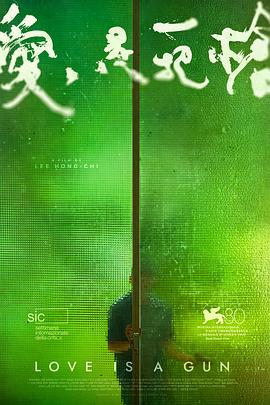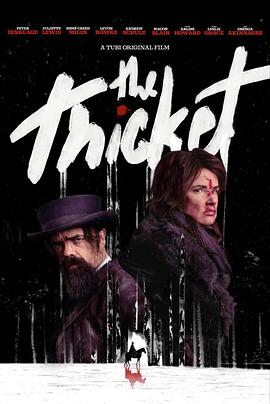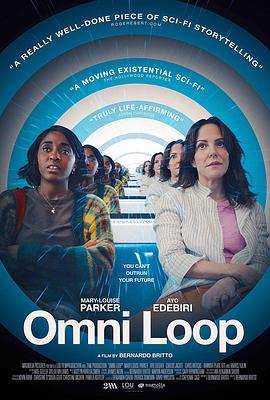- 正在播放《欧洲的某个地方》HD中字 - 非凡资源M3U8
- 提醒不要轻易相信视频中的任何广告,谨防上当受骗
- 技巧如遇视频无法播放或加载速度慢,可尝试切换播放节点或者切换解析
- 收藏展鹏的观影站网址:video.zhanpengs.sbs / video.zhanpengs.sbs ,记得收藏哟~
剧情:
Somewhere in the remote region, the war ends. In the midst of ruined cities and houses in the streets, in rural hamlets, everywhere where people still live, are children who have lost their homes and parents. Abandoned, hungry, and in rags, defenseless and humiliated, they wander through the world. Hunger drives them. Little streams of orphans merge into a river which rushes forward and submerges everything in its path. The children do not know any feeling; they know only the world of their enemies. They fight, steal, struggle for a mouthful of food, and violence is merely a means to get it. A gang led by Cahoun finds a refuge in an abandoned castle and encounters an old composer who has voluntarily retired into solitude from a world of hatred, treason, and crime. How can they find a common ground, how can they become mutual friends? The castle becomes their hiding place but possibly it will also be their first home which they may organize and must defend. But even for this, the price will be very high. To this simple story, the journalist, writer, poet, scriptwriter, movie director, and film theoretician Béla Balázs applied many years of experience. He and the director Géza Radványi created a work which opened a new postwar chapter in Hungarian film. Surprisingly, this film has not lost any of its impact over the years, especially on a profound philosophical level. That is to say, it is not merely a movie about war; it is not important in what location and in what period of time it takes place. It is a story outside of time about the joyless fate of children who pay dearly for the cruel war games of adults. At the time it was premiered, the movie was enthusiastically received by the critics. The main roles were taken by streetwise boys of a children's group who created their roles improvisationally in close contact with a few professional actors, and in the children's acting their own fresh experience of war's turmoil appears to be reflected. At the same time, their performance fits admirably into the mosaic of a very complex movie language. Balázs's influence revealed itself, above all, in the introductory sequences: an air raid on an amusement park, seen in a montage of dramatic situations evoking the last spasms of war, where, undoubtedly, we discern the influence of classical Soviet cinematography. Shooting, the boy's escape, the locomotive's wheels, the shadows of soldiers with submachine guns, the sound of a whistle—the images are linked together in abrupt sequences in which varying shots and expressive sharp sounds are emphasized. A perfectly planned screenplay avoided all elements of sentimentality, time-worn stereotypes of wronged children, romanticism and cheap simplification. The authors succeeded in bridging the perilous dramatic abyss of the metamorphosis of a children's community. Their telling of the story (the scene of pillaging, the assault on the castle, etc) independently introduced some neorealist elements which, at that time, were being propagated in Italy by De Sica, Rossellini, and other film artists. The rebukes of contemporary critics, who called attention to "formalism for its own sake" have been forgotten. The masterly art of cameraman Barnabás Hegyi gives vitality to the poetic images. His angle shots of the children, his composition of scenes in the castle interior, are a living document of the times, and underline the atmosphere and the characters of the protagonists. The success of the picture was also enhanced by the musical art of composer Dénes Buday who, in tense situations, inserted the theme of the Marseilaise into the movie's structure, as a motive of community unification, as an expression of friendship and the possibility of understanding. Valahol Europaban is the first significant postwar Hungarian film. It originated in a relaxed atmosphere, replete with joy and euphoria, and it includes these elements in order to demonstrate the strength of humanism, tolerance, and friendship. It represents a general condemnation of war anywhere in the world, in any form.
收起
相关影片
2025
剧情片
中国大陆
HD国语
2024
剧情片
大陆
HD中字
2023
剧情片
印度
维克兰特·梅西 梅德哈·尚卡尔 普里耶修·查特奇 Anant Joshi Anshuman Pushkar Geeta Agrawal Sharma Harish Khanna Sarita Joshi Vikas Divyakirti Abhishek Sengupta Triaksh Chhabra Darius Chinoy Vijay Kumar Dogra Fasi Khan Sam Mohan Rahul Dev Shetty Suraj Naagar Sanjay Bishnoi Salim
基于IPS 官员 Manoj Kumar Sharma 和 IRS 官员 Shraddha Joshi 的真实故事改编。马诺杰-库马尔-夏尔马(Manoj Kumar Sharma)来自钱巴尔村,
HD中字
2023
剧情片
不丹
Harry Einhorn Tandin Phubz Tandin Wangchuk Pema Zangmo Sherpa Choeying Jatsho Deki Lhamo Tandin Sonam
故事发生在2006年,时值不丹推进民主化改革,计划举行大选。为此,政府官员提前组织一场模拟选举来进行测试。在布姆唐宗乌拉格窝的乌拉镇,一位和尚奉喇嘛之命寻找两把枪,以应对国家即将出现的转变。与此同
HD中字
2023
剧情片
大陆
HD国语
2023
剧情片
丹麦
HD中字
2025
剧情片
中国大陆
HD国语
2024
剧情片
美国
梅丽莎·巴雷拉 汤米·杜威 梅格翰·法伊 艾德蒙·多诺文 马修·兰姆 布兰登·维克多·迪克森 拉娜·扬 Ikechukwu Ufomadu Kasey Bella Suarez 凯拉·福斯特 Taylor Trensch 布莱恩·麦卡锡 梅根·海利 伍迪·傅 Sequoia Shayvonne 凯蒂·格伦费尔 Reese Grande Silken Kelly Sophie Silnicki Dot Kelly
女演员Laura Franco(梅丽莎·巴雷拉 Melissa Barrera 饰)被男朋友甩掉后心碎消沉、怀疑自我,此时,她在自家衣柜里碰上了住在那里的一个可怕又古怪、迷人的怪物(汤米·杜威 T
HD中字
2024
剧情片
法国
卡尼·库斯鲁蒂 迪维亚·普拉巴 查亚·卡达姆 赫里杜·哈隆 阿泽斯·内杜芒加德 阿南德·萨米 洛芙琳·米什拉 马杜·拉加 Shweta Prajapati Tintumol Joseph Ardra K.S. Sisira Anil CK Aparna Ram Kashish Singh Nikhil Mathew Bipin Nadkarni Snehalata Siddarth Tagde Saee Abhay Limaye Sanjay Balu Ghanekar Shailaja Shrikant
丈夫长居德国,护士长普拉巴被困在有名无实的包办婚姻中,无法响应男医生对她的体贴温柔。年轻护士阿努爱着穆斯林男孩,他们无法正大光明交往,却大胆偷尝禁果。两人的共同好友因寡妇身份等不到居住正义,被迫离
HD中字
2025
剧情片
中国大陆
HD国语
2024
剧情片
香港
HD粤语
2024
剧情片
大陆
HD国语
2023
剧情片
台湾
HD国语
2024
剧情片
美国
朱丽叶特·刘易斯 彼特·丁拉基 艾利斯·霍华德 莱文·霍克 埃斯梅·科里德-米尔斯 奈德·丹内利 Andrew Schulz 梅肯·布莱尔 莱斯利·格雷丝 格本加·阿金纳格贝 大卫·米德桑德 詹姆斯·海特菲尔德 Teach Grant Derek Gilroy Guy Sprung Sophia Fabris Chris Enright 杰夫·汉尼
小恶魔"彼特·丁拉基将出演一部动作惊悚片《The Thicket》,并在其中饰演一位身手不凡同时狡猾无比的赏金猎人。《七宗罪》和《斯巴达三百勇士》的制片吉安尼·努纳利将负责此片制片工作。
HD中字

